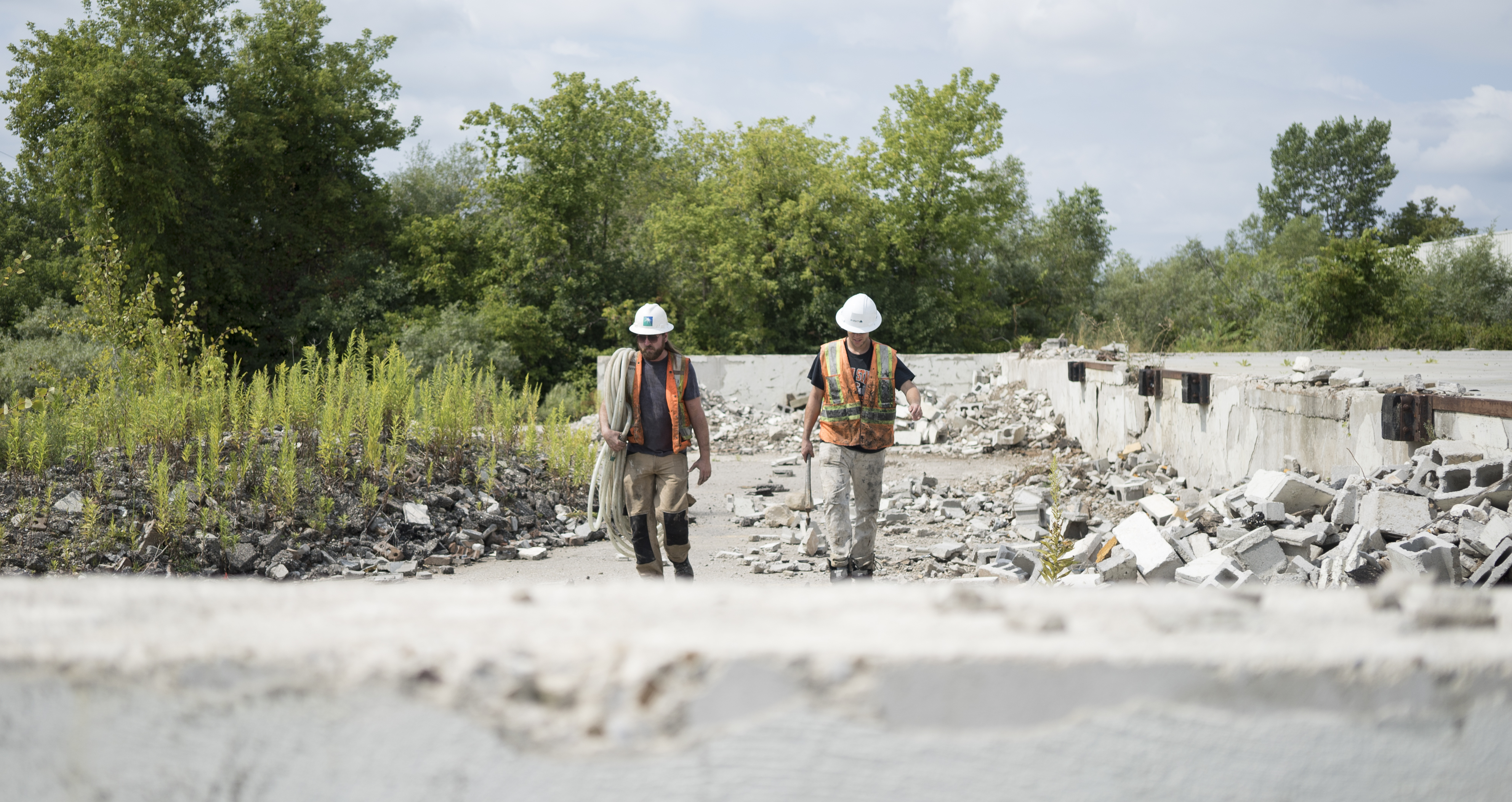Remedial System Audits
Determining if an approach is still valid and effective for your needs!
Our technical and programmatic audits accurately assess a system’s level of performance and effectiveness, determining whether a remedial approach is still valid, both technologically and financially. The process typically takes three to four weeks to complete.
The data is inputted into numerical and analytical models that evaluate remedial timelines, financial, and technical risk, and provide a measure of probability of success for the current technology to reach the remedial goal for the site.

Experience
IRSL has completed remediation system audits for:
SVE systems for the treatment of gasoline.
MPE systems for the removal of LNAPL.
Thermal systems for the removal of VOCs in silty clay and clay media.
NAPL-removal systems for gasoline, diesel and fuel oil.
In-situ chemox programs for a wide variety of compounds in fractured and unconsolidated materials.
In-situ chemical reduction programs for chlorinated ethenes and ethanes.
Permeable reaction barriers and zones for organic and inorganic compounds.
Excavation programs to aid in defining probability of success.

Details
In conjunction with our internationally recognized experts, IRSL combines historical performance data and the Conceptual Site Model (CSM) to evaluate the historical and current performance of the existing remedial system.
Depending on the approach being audited, IRSL will develop a matrix of performance factors, including: Run time, Mass removal, Mass removal rate versus time, O&M cost with time, Areas of influence and capture, and Monitoring data.
Ready to get started?
Speak with our engineering team about how our environmental remediation services can help you in your remediation journey and take the next steps to building a better environment and a cleaner community with your project.
I'm ready to Start